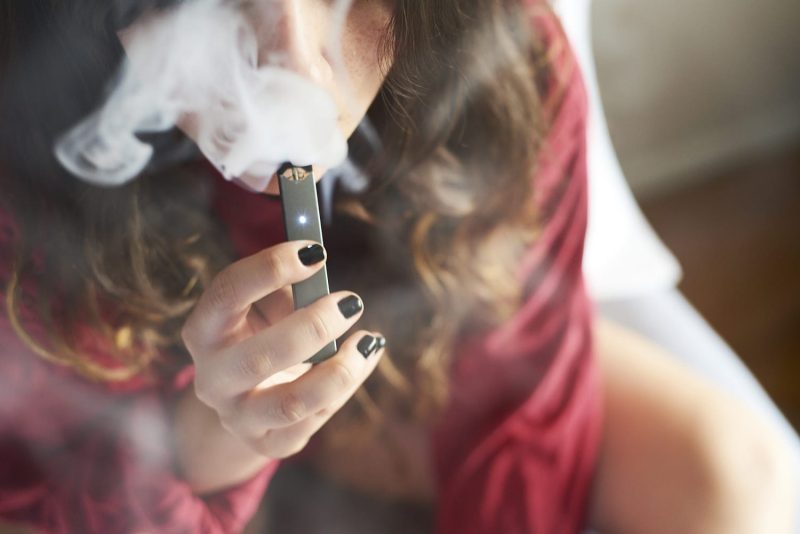As part of a groundbreaking development that has shaken the vaping industry, JUUL Labs Inc. is issuing compensation packages amounting to a cumulative $300 million to address various complaints levied against them. This comes as a result of a class-action settlement subsequently followed by some JUUL users receiving payouts in the range of four to five figures.
Central to the controversy embroiling JUUL Labs Inc. was the accusation that it was intentionally targeting underage users in its marketing campaigns. The e-cigarette company, largely popular among young adults, faced a torrent of criticism and legal challenges for allegedly using deceptive marketing techniques to attract minors to its nicotine products. The complaint claimed that JUUL, the leader in the e-cigarette market, downplayed the health risks and potential addiction associated with its products.
As the U.S. vaping industry grapples with stringent regulations and increased scrutiny, the JUUL labs class-action settlement represents a significant chapter in the company’s legal saga. While most litigation involving e-cigarettes has revolved around the negative health effects of using the products, the primary controversy with JUUL has been towards their marketing strategies. Allegedly, their promotional campaigns used social media influencers to inadvertently make vaping look cool, leading a significant number of underage teens to become addicted to nicotine.
The settlement comes as an opportunity for the affected users to recoup the losses caused by their addiction to JUUL pods. JUUL consumers who are part of the class-action lawsuit can claim varying compensation amounts. A significant percentage of the claimants are projected to receive significant payouts of four to five figures. These payments are set to be made over a three-year period, with the first payouts expected to be distributed in early 2023.
Claimants can receive compensation based on various categories, including medical expenses for nicotine addiction treatment and psychological distress stemming from nicotine addiction. JUUL’s marketing practices have also been held accountable, with users who started using JUUL before turning 26 eligible for additional payout consideration.
Those who want to file a claim against JUUL Labs Inc. will need to leap over some hurdles, such as providing proper documentation and evidence supporting their claim. Accepted forms of evidence include medical records showing treatment for nicotine addiction, payment receipts for nicotine addiction therapy, videos or pictures showing underage use, and others.
Product age verification is another crucial aspect of this settlement. As part of the agreement, JUUL Labs Inc. has agreed to improve its age verification process and tighten its marketing practices to cease any appeal to underage individuals. The company has confirmed its commitment towards ensuring that its products do not end up in the hands of minors.
Despite the significant payout, the settlement does not mark an admission of wrongdoing by JUUL Labs Inc. Instead, it states that it is a route chosen by the company to avoid the expenses and inconvenience of such litigation.
This class-action settlement between JUUL Labs and its consumers is a step forward towards holding companies accountable for their marketing strategies and their impact on consumer behavior. The case further highlights the significance of consumer protection and the need for strict regulatory measures against unethical marketing practices.
In conclusion, JUUL’s class-action settlement offers a unique perspective on the legal complexities revolving around e-cigarette usage, particularly among underage users. The case serves as a sobering reminder of the need for ethical marketing and stronger age verification systems in the vaping industry, with JUUL’s settlement serving as a benchmark for future issues that may arise.
